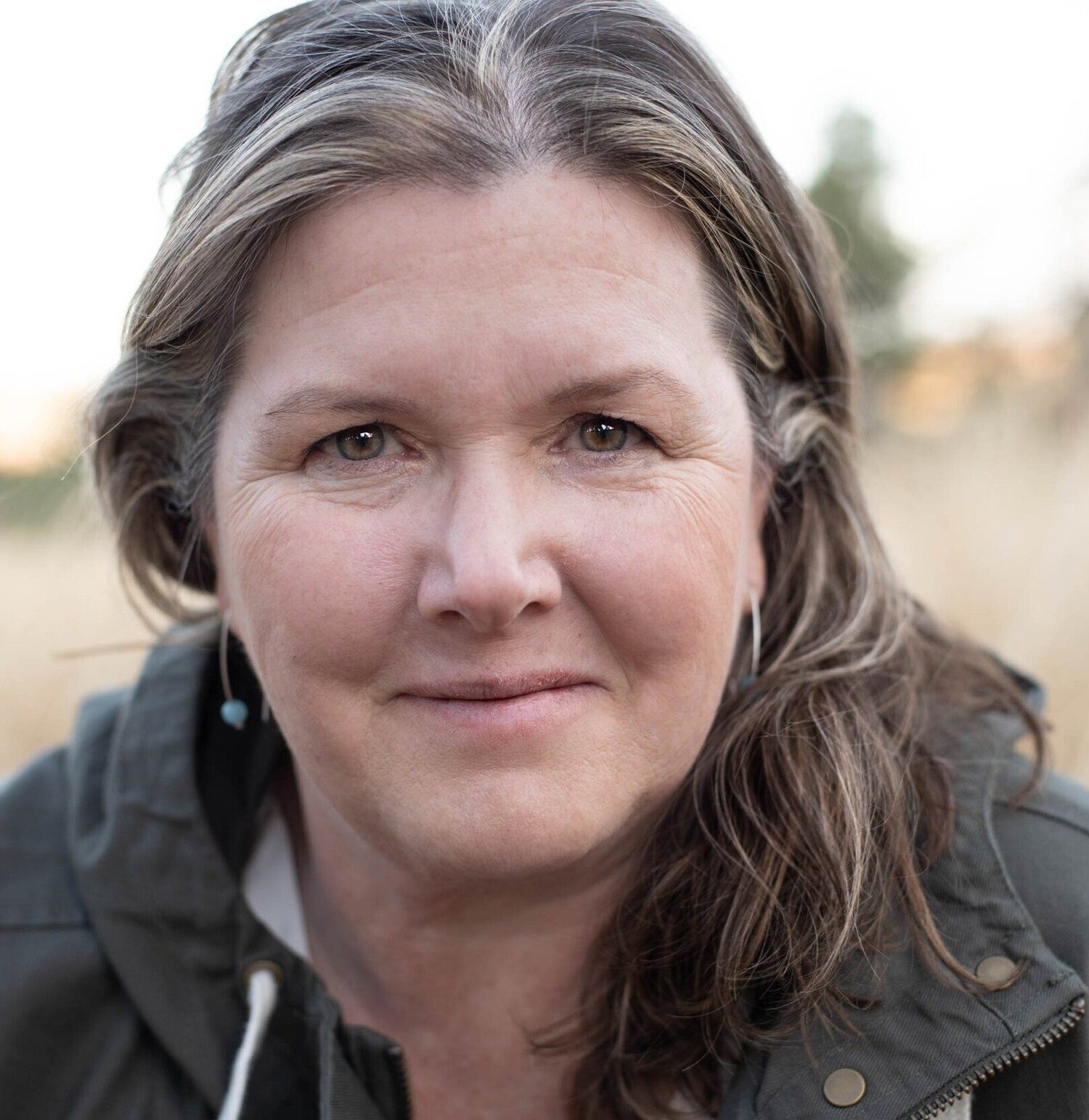Write Now with Signe Myers Hovem
In today’s Write Now interview, Signe Myers Hovem asks what topics are themes are too dangerous to write about.
This post is only for subscribers.
Already have an account? Sign in
Subscribe to new posts